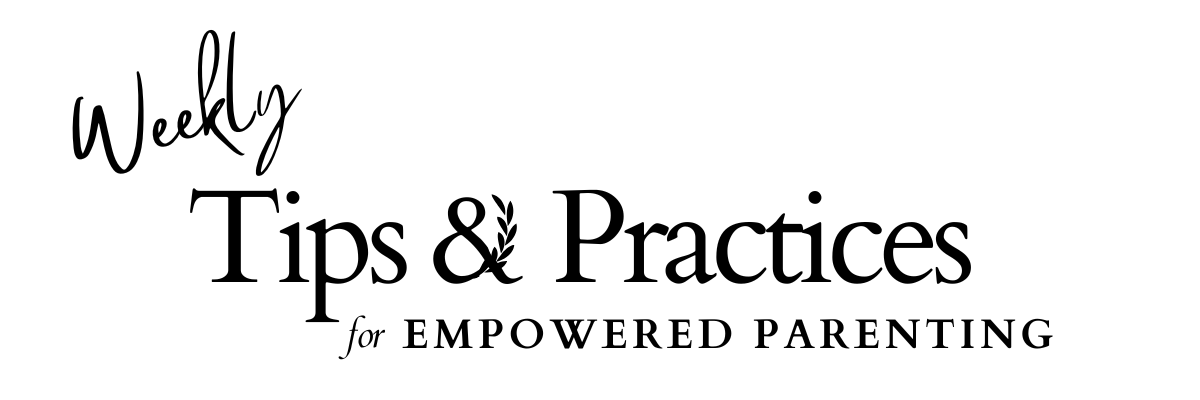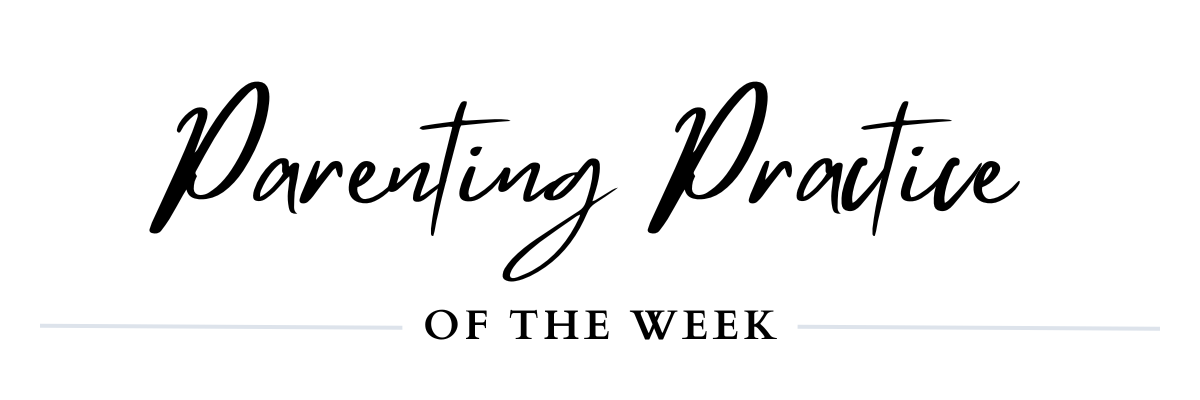What Your Parenting Style Reveals (that you might not expect)

What if even your hardest patterns held hidden strengths?
When parents begin exploring attachment, many are surprised to discover that they fall somewhere on the spectrum of insecure attachment, even when they believed they had a “perfect childhood” with “great parents.”
The most common insecure attachment styles include:
- Avoidant
- Anxious or Ambivalent
- Disorganized (a combination of avoidant and anxious tendencies)
It’s a story we hear often in parent coaching:
A client comes in thinking they’re securely attached, only to uncover deeper layers of relational patterning shaped by unmet needs, emotional inconsistency, or the absence of safety. And that realization can bring up grief, defensiveness, or guilt.
Because it’s vulnerable to admit that our childhoods were less than ideal, and even harder to hold that truth without blaming the parents who raised us.
But here’s what’s also true:
All parents are doing the best they can with what they have.
And sometimes, that wasn’t enough.
The invitation isn’t to diagnose or shame ourselves, but to see the brilliance in our adaptation. Insecure attachment doesn’t mean we’re broken. It means we adapted to survive. Our nervous systems found ways to seek safety, love, and connection, even in less-than-ideal environments.
And these adaptations?
They come with hidden superpowers.

Superpowers of Insecure Attachment
Each attachment style brings not only relational challenges but also gifts.
If you tend toward avoidant attachment, you might:
- Model independence and confidence
- Create spaciousness for your child’s autonomy
- Set clear boundaries without guilt
- Avoid second-guessing yourself
If you tend toward anxious attachment, you likely:
- Have a huge, generous heart
- Care deeply and want to get it right
- Are attuned to your child’s emotional world
- Lead with sensitivity and devotion
These traits aren’t accidental. They are wisdom born from adaptation. When met with compassion and self-awareness, they become incredible parenting strengths.
There are more strengths inside you… each shaped by your unique story, your resilience, and the meaning you’ve made along the way.
Parenting coaches help uncover these gifts and integrate them into your leadership as a parent and beyond.
Why It Works:
When we reframe our patterns with compassion, we reduce shame and build resilience. Instead of asking “What’s wrong with me?” we begin to ask, “What did I learn to do in order to stay safe?”
And from there, “How can I bring that intelligence into conscious parenting?”
This shift helps us release perfectionism and cultivate deeper self-acceptance. And when we feel empowered and understood, we become more available to our children, with less reactivity and more presence.
Through the Coach Lens:
Coaches often guide parents into deep awareness of their attachment wounds. Insight is an important part of the process, but integration and embodiment determine how the work takes shape.
When you help clients see the gifts within their adaptations, you support healing from the inside out.
You’re not just helping them name their patterns…
You’re helping them reclaim their strengths.
A powerful coaching question could be:
“What’s one strength you’ve developed because of what you went through?”
As you continue on your parenting journey, remember:
Every pattern tells a story.
Every adaptation holds intelligence.
And every time you meet yourself with compassion, you create a more secure world for your child.
Share This Article:
Curious for more?














